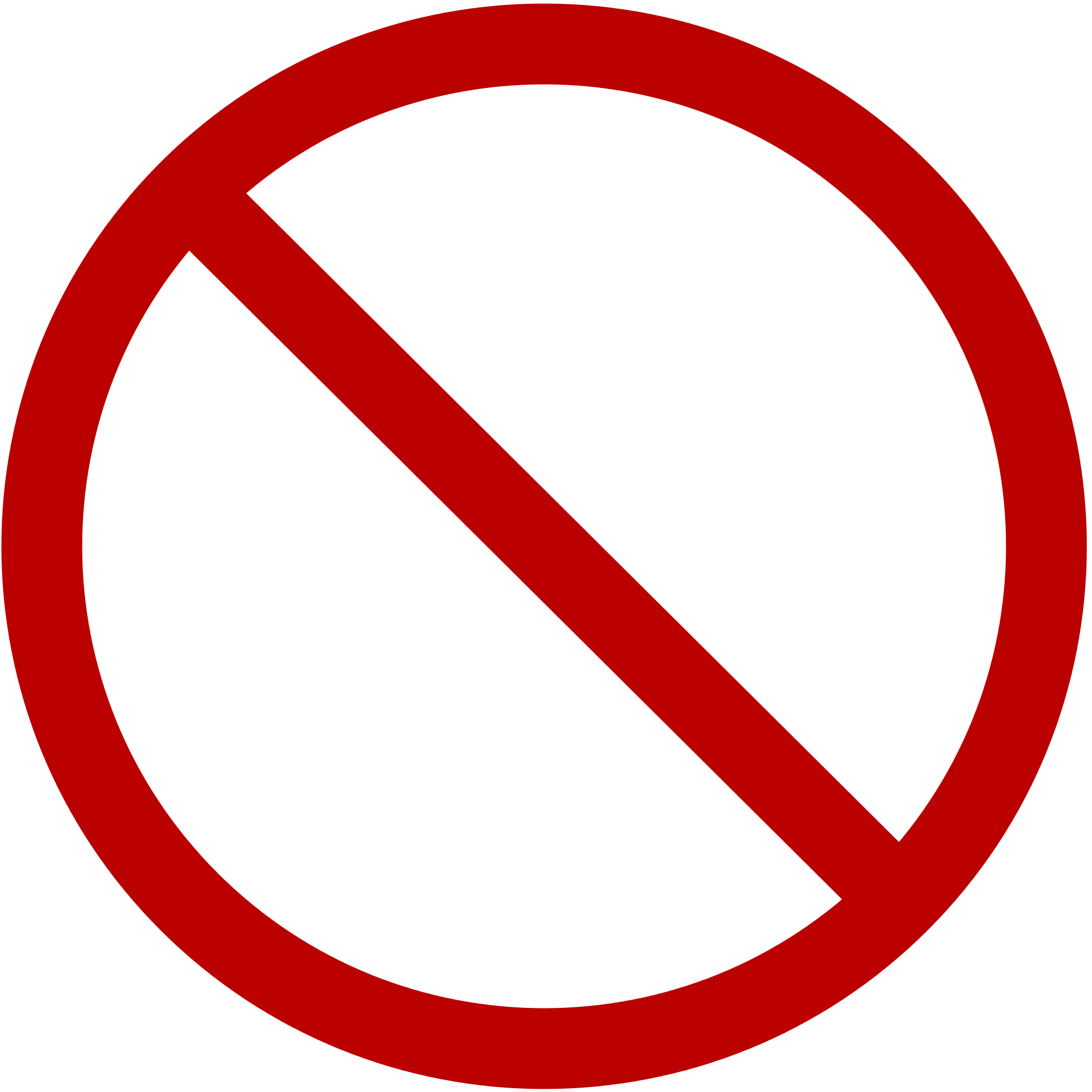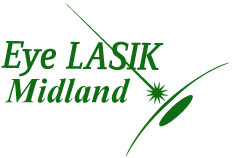
by EyeLASIK | Mar 16, 2016 | eye health

Eye exams are important, even after LASIK!
In short, the answer is yes. Eye exams are necessary after LASIK and today’s blog will go into even further detail.
Eye Exams Are Just For Glasses Or Contacts, Right?
Wrong, wrong, wrong! While most patients go to the ophthalmologist each year to renew their prescription for glasses or contacts, it’s critical to make an exam appointment each year. This includes patients who have had LASIK.
Plan Your Eye Health With Your Provider
Eye health is critical and isn’t just limited to correcting vision issues. LASIK is used to improve refractive errors but it does not diagnose, prevent, or correct many other eye diseases. After you’ve had LASIK and your eye health is normal and healthy, your provider might suggest less frequent visits. However, it’s important to discuss family history and your lifestyle habits to give your provider a more accurate picture of your risk factors.
If I’ve Had LASIK, I Don’t Need To Go
Sorry, but you’re wrong again. Not only does your ophthalmologist determine your vision, they also check for a variety of ocular diseases. However, annual examinations can be used to diagnose several different conditions, including:
- Glaucoma – This disease causes fluid to build up in the front part of your eye. This can lead to damage to the optic nerve and can eventually cause blindness.
- Cataracts – Cloudiness of the eye’s natural lens, which lies behind the pupil and iris, occurs when a patient has cataracts. The result is a “milky” looking eye. Untreated cataracts contribute to half of the world’s blindness statistics.
- Diabetic retinopathy – Blindness is a known side effect for diabetic patients. Diabetic retinopathy damages light-sensitive nerves of the retina, causing dark spots or “floaters” in the vision.
- Macular degeneration – While this usually occurs in older patients, macular degeneration is caused by damage to the macula portion of the retina.
EyeLASIK 100% believes that eye exams are necessary after LASIK, even after you’ve improved your vision with the procedure. We encourage you to continue your annual eye exams as a positive, preventative step in your healthcare routine.

by EyeLASIK | Nov 16, 2015 | eye health, Health Facts

How does diabetes affect your eyes? Read more to find out!
November is American Diabetes Month! What does this have to do with eyes, you ask? Diabetes and eyesight are closely related, actually. We have a lot of information to give you in this week’s blog!
The Terrible Two
There are actually two types of diabetes.
(A) Type 1 is usually called juvenile diabetes. It only occurs in about 5% of the population and it is usually diagnosed when the patient is a child. The body does not produce insulin and injections are necessary.
(B) Type 2 diabetes is a little different. It is also referred to as “insulin resistant,” which means the body does not properly use the insulin that is produced naturally by the body. This is the most common type of diabetes.
What Does This Mean?
Diabetes can be controlled, but only through carefully regimented diet, oral medications, and (sometimes) insulin treatments. However, the good news is that often times, there are preventative measures those with a risk of developing Type 2 diabetes can take. For instance, maintaining a healthy weight and a good diet with more whole foods and less processed ones can help decrease your risk for developing diabetes. However some risks such as age, ethnicity, and genetics cannot be controlled.
How Does Blood Sugar Affect Eyesight?
With Type 2 diabetes, the insulin produced by the body is not enough to help blood sugar (or glucose) be absorbed by cells. It builds up in the blood and, over time, the patient can develop serious complications. Some of those include an increased risk for glaucoma, cataracts, and, in very serious cases, blindness. The American Diabetes Association has an excellent website that explains many of the complications in great detail here.
Eye LASIK cares about your eyes and everything that can affect them. If you are at risk for developing diabetes, we strongly encourage you to discuss your options with your healthcare provider and to take precautionary measures to avoid it, if possible. Diabetes still has a long way to go before there is a cure, but we love seeing our patients happy and healthy.

by EyeLASIK | Nov 2, 2015 | eye health
Autumn is many people’s favorite season: the beautiful colors, cooler weather, and the start of the holiday season. However, for some, it’s the beginning of another rough allergy season, topped only by spring. We have some recommendations on how you can help keep your eye allergies under control.
Wear Sunglasses
People think of sunglasses as a spring or summer accessory. We recommend them year-round! Not only do they protect your peepers from the sun’s harmful effects, they also assist in keeping pollen out of your eyes.
Keep Windows Closed
As beautiful as the weather is outside, opening up your windows can lead to pollen and dander floating into your house. It’s so tempting to save a little money on your electricity bills for a few months, but the itchy, watery eyes may not exactly be worth it.
Use Eyedrops
Keeping your eyes from drying out is one of the best things you can do for allergy eyes. Dryness and itching can usually be relieved temporarily with the use of over-the-counter or, in more serious cases, prescription eye drops.
Watch Out For The Home Fires
One of the best things about the fall is the cooler weather…and that means hot drinks, fuzzy sweaters, and fires. We caution you to be careful of any fire smoke (especially those at bonfires), as it can irritant the sensitive tissue around your eyes. There are also certain types of wood, such as cedar or pine, which can cause allergic reactions.
The team at Eye LASIK Midland is certainly excited for autumn to have finally arrived in West Texas. We are proud to be your choice for LASIK. Please be sure to set up your free consultation with us today!

by EyeLASIK | Oct 5, 2015 | better vision, eye health
Did you know October is eye injury prevention month?
Protecting your eyes is one of the most basic things you can do to prevent eye injuries. But when eye injuries do happen, how do you recognize them and what do you do? Find out how to not only prevent eye injuries, but also recognize them!
Wearing protective eye gear can prevent up to 90% of all eye injuries. Most eye injuries happen around the house, so wear eye protection whenever you can (mowing the lawn, working with tools, sun exposure, etc.) Eye protection is the best way to prevent an eye injury.
However, if an eye injury does occur, it is very important to see an ophthalmologist immediately, even if you think the injury is minor. Do NOT rub your eye or try to remove something you may think is causing the injury. Do not rinse your eye unless you may be suffering from a chemical burn.

Prevent eye injuries this month!
There are several ways to know if you or someone you know is suffering from an eye injury:
- Unusual pupil size
- One eye is moving slower than the other
- Obvious trouble seeing and/or irritation
- The eye is more protruded than the other
- Blood in the eye
Among other things, eye injuries can cause blindness, so they should be treated seriously and with extreme caution. Do not treat an eye injury yourself. More than likely, you will only make the problem worse. Call your ophthalmologist’s office for advice or to schedule a time to see a professional.
At Eye LASIK Midland, we value vision and work to protect and improve your vision. If you would like a free consultation to discuss a LASIK procedure, request one here! If you would like to stay up to date on all the latest eye care tips, Eye LASIK news and promotions, subscribe to our newsletter or take a look at our other blogs.

by EyeLASIK | Sep 14, 2015 | better vision, eye health
Did you know you can take certain vitamins and supplements specific for eye health? It’s true! In fact, these vitamins and supplements can even help delay or entirely prevent eye problems and disease. But what nutrients do you eyes need and what supplements should you take? Today, we’re hoping to give you more information on vitamins for your eyes!
Before deciding which vitamins you should take for your eye health, you should take a look at your multivitamin. You may already be taking most of the nutrients you need. If that’s the case, it would be unnecessary to take any additional supplements. If any of the below vitamins are not included in your multivitamin, you can purchase them individually.

Find out which vitamins are best for the health of your eyes!
Vitamins For Your Eyes:
- Vitamin C-250 mg
- Vitamin E-200 mg
- Zeaxanthin-500 mcg
- Selenium-100 mcg
- Zinc-25 mg
- Beta-carotene-5,000 IU
- Folic Acid-800 mcg
- Lutein-10 mg
- Selenium-100 mcg
- Calcium-500 mg
- Thiamin-2 mg
- N-acetyl cysteine-100 mg
- Alpha Lipoic Acid-100 mg
When taken regularly, the vitamins above can decrease the risk (and progression) of age-related macular degeneration, reduce the risk of vision loss, and even prevent chronic dry eye syndrome. In fact, most of these vitamins have multiple benefits, including contributing to bone and skin health.
At Eye LASIK Midland, we want to keep your eyes healthy and your vision clear! For more information about LASIK, or to request a FREE consultation, contact us!

by EyeLASIK | Jul 20, 2015 | eye health
Back for more? In Part One, we discussed how to choose a pair of sunglasses for vision protection. In Part Two, we’ll finish our discussion with some additional tips to choosing the right sunglasses that will give you the best level of protection.
In Part One, we discussed how there are several eye diseases that can be prevented with the right pair of sunglasses. But, not just any pair of sunglasses will do the trick…
How To Choose The Right Pair
You should choose a pair of sunglasses that provide maximum coverage; the bigger the frame, the better the coverage. Wrap-around sunglasses are a great option because they block UV rays that can enter from the side. Not only this, but bigger-framed sunglasses also protect the thin skin around your eyes, preventing fine lines and wrinkles caused by sun exposure.
If you’re going to be on the water, your risk of damage from the sun’s rays is doubled because of the reflection of the light off the water. You may want to invest in a pair of polarized sunglasses, which will help block glare as well as UV rays. Don’t forget to attach a type of lanyard to both ends of your sunglasses to keep them from getting lost in the lake!

sunglasses for vision protection
If you already have a favorite pair of sunglasses, it’s important to make sure they are in good condition. If you see any scratches or other signs of wear on the lenses, have them tested by a licensed optician to make sure they are still effective. Scratches and abrasions can affect the ability of the lens to filter UV light.
No matter what your style, select sunglasses with the right protection every time. Selecting the right sunglasses can be expensive, especially prescription sunglasses. Ditch that expense with a laser vision correction procedure! Request an entirely free consultation for LASIK by clicking HERE.
Page 4 of 6« First«...23456»









